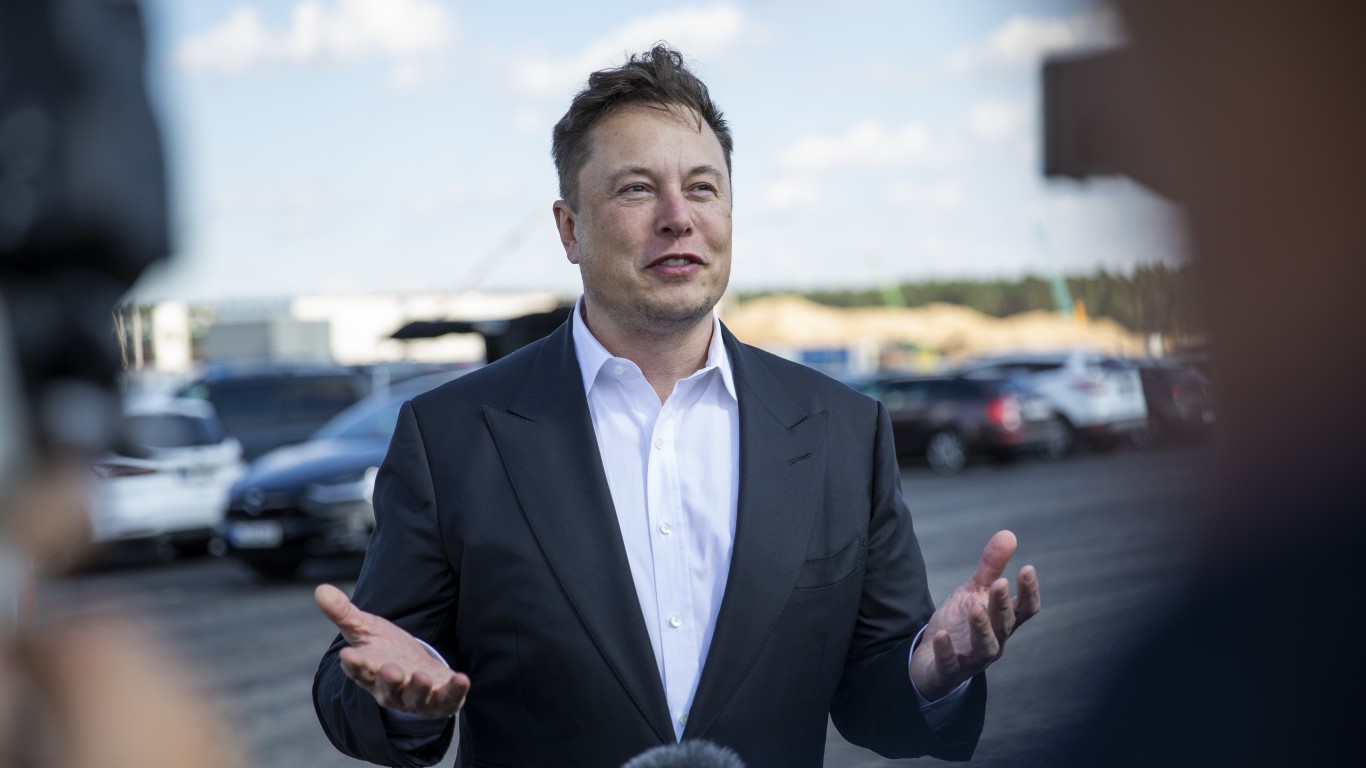China’s trade received a boost in January from the traditional New Year holiday. Exports soared 25% from 14.1% in the previous month, while imports jumped to 28%, from the previous month’s 6%. According to the Associated Press:
China’s trade growth has rebounded in recent months in a sign of economic recovery but longer-term trade measures are likely to show lower growth than January’s double-digit increase. Analysts say the recovery will be gradual and too weak to support a global rebound without improvement in the United States and Europe.
“Seeing the underlying trend is a little difficult. Nevertheless, the data were above expectations and seem generally positive,” said Moody’s Analytics economist Alaistair Chan in a report.
There is nothing wrong with savoring one good month, even if it is fleeting. As least it shows that one large economy, somewhere, continues to show real progress. Happy New Year.
Austerity and the EU Budget
The austerity philosophy of U.K. leaders is about to insinuate itself into the European Union budget, which already covers a region in which national austerity has become a habit, and perhaps not a good one. Many economists continue to argue that a lack of stimulus in weak nations such as Spain and Greece will damn them to years of recession. The British insist that the rest of Europe cannot solve its financial problems via what it sees as overspending. According to Bloomberg:
After an all-night bargaining session interspersed with catnaps on couches at EU headquarters in Brussels, the leaders reassembled at 6:30 a.m. to consider a 2014-2020 spending ceiling of 960 billion euros ($1.3 trillion), down from an original proposal of 1.047 trillion euros and less than the 994 billion euros spent in the current budget cycle.
At the center of the controversy was (U.K. PM) Cameron, making his first EU summit appearance since announcing plans for a referendum that could result in Britain leaving the 27-nation bloc as early as 2017. Britain’s demands for savings ran into opposition from France, Italy and eastern and southern European economies keen to tap EU subsidies.
“The numbers that were put forward were much too high,” Cameron told reporters before the summit started yesterday afternoon. “They need to come down, and if they don’t come down, there won’t be a deal.”
Dell Buyout Hits Roadblock
In an exclusive report, Reuters revealed that the largest single independent shareholder of Dell Inc. (NASDAQ: DELL), Southeastern Asset Management, has voiced objections to the price of the leveraged buyout. Because of the size of the money management fund’s holdings, and the likelihood it will vote against the transaction, other institutional shareholders might join the fight, and throw the Dell buyout into disarray. Reuters reports:
Southeastern has privately told the company that it is “disturbed” by a $13.65 per share offer for the third-largest PC maker by a consortium led by founder and CEO Michael Dell, and instead believes Dell is worth $20 per share, the sources said on Thursday.
The Memphis, Tennessee-based fund, which owns a 7.5 percent stake in Dell, did not return calls seeking comment.
Southeastern has not commented publicly since the deal was announced on Tuesday, but Chief Executive Mason Hawkins said in a September 30 filing that the fund believed the company’s shares were worth in the “low 20s” even if Dell’s personal computing business was valued at nothing.
It’s Your Money, Your Future—Own It (sponsor)
Retirement can be daunting, but it doesn’t need to be.
Imagine having an expert in your corner to help you with your financial goals. Someone to help you determine if you’re ahead, behind, or right on track. With SmartAsset, that’s not just a dream—it’s reality. This free tool connects you with pre-screened financial advisors who work in your best interests. It’s quick, it’s easy, so take the leap today and start planning smarter!
Don’t waste another minute; get started right here and help your retirement dreams become a retirement reality.
Thank you for reading! Have some feedback for us?
Contact the 24/7 Wall St. editorial team.






